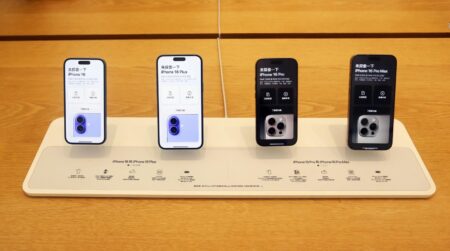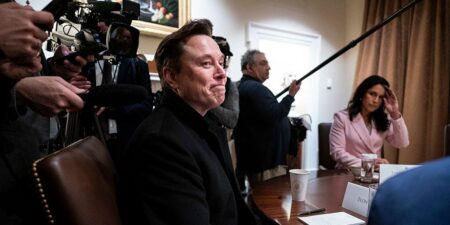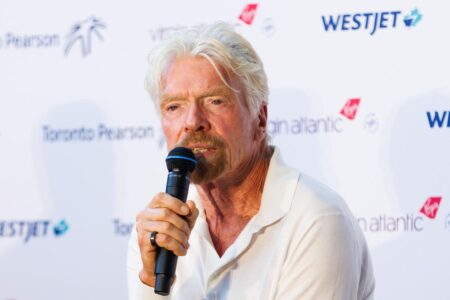Japan and South Korea are top of an Australian list of countries which will be able to access a future stockpile of critical minerals, but the real target of the policy is to use the material, including rare earths, as a bargaining chip in trade talks with the U.S.
Plans to develop a stockpile of minerals and metals used in commercial and military technologies were revealed this week during campaigning for Australia’s Parliamentary election to be held on May 3.
The Prime Minister, Anthony Albanese, said the aim of the stockpile was to make Australia’s large resource of critical minerals available to “like-minded” nations, a comment which Australia media quickly called “minerals for mates”.
An initial budget of A$1.2 billion (US$750 million) has been proposed by Albanese with the government working directly with mining companies to source material for the stockpile which could plug a gap created by China banning the export of some critical minerals.
In effect, the Australian Government could act as an underwriter for the country’s critical minerals industry, either by agreeing to buy agreed volumes at an agreed price though a national offtake arrangement while also creating a strategic stockpile for domestic consumption and export.
Rare earths and other critical minerals such as cobalt have become a flashpoint in the China v U.S. trade war with China using its global dominance in the supply of refined material to retaliate against high U.S. tariffs.
Despite decades of warnings that China held the whip hand when it came to the supply of critical minerals the rest of the world has been slow to react, seeming to only now wake to the threat of supply shortages.
Tesla chief executive Elon Musk is the latest U.S. industry leader to acknowledge that certain permanent magnets made from rare earth metals such as neodymium and praseodymium could affect projects such as a plan to make “humanoid” robots.
Rare earth magnets are more than 10-times as strong as similar products made from iron and can withstand extreme conditions.
Lynas Rare Earths, Australia’s major producer of the material, is already working with the U.S. Government on the construction of a rare earth refinery in Texas to replace Chinese metals.
Australian Resources Minister, Madelaine King, said securing a reliable supply of rare earth metals was important for Australia’s security and the security of key partners.
Read the full article here
















